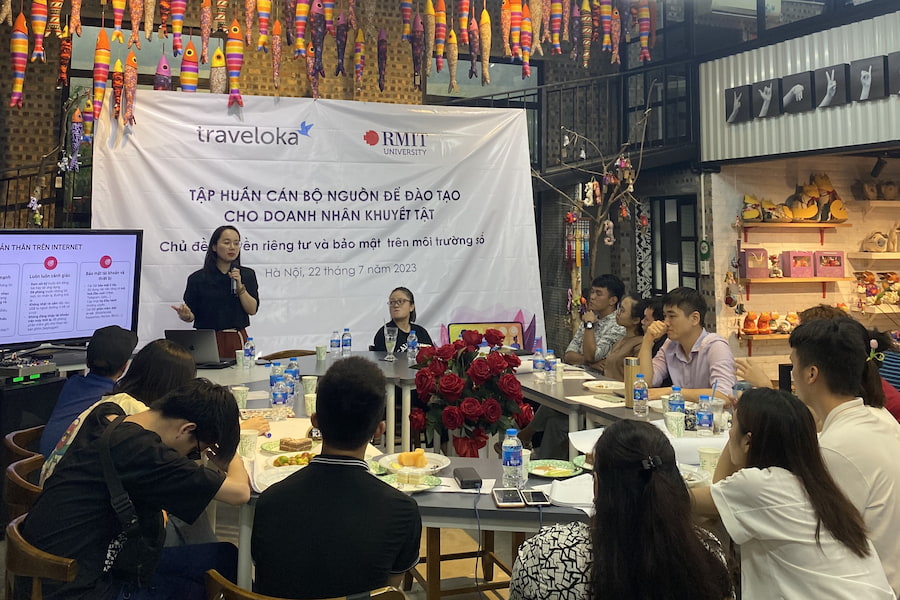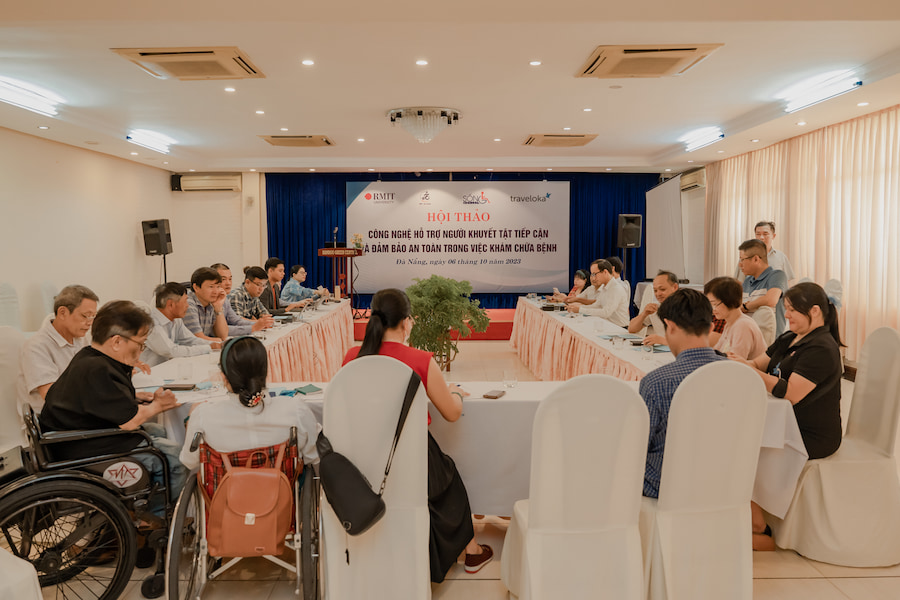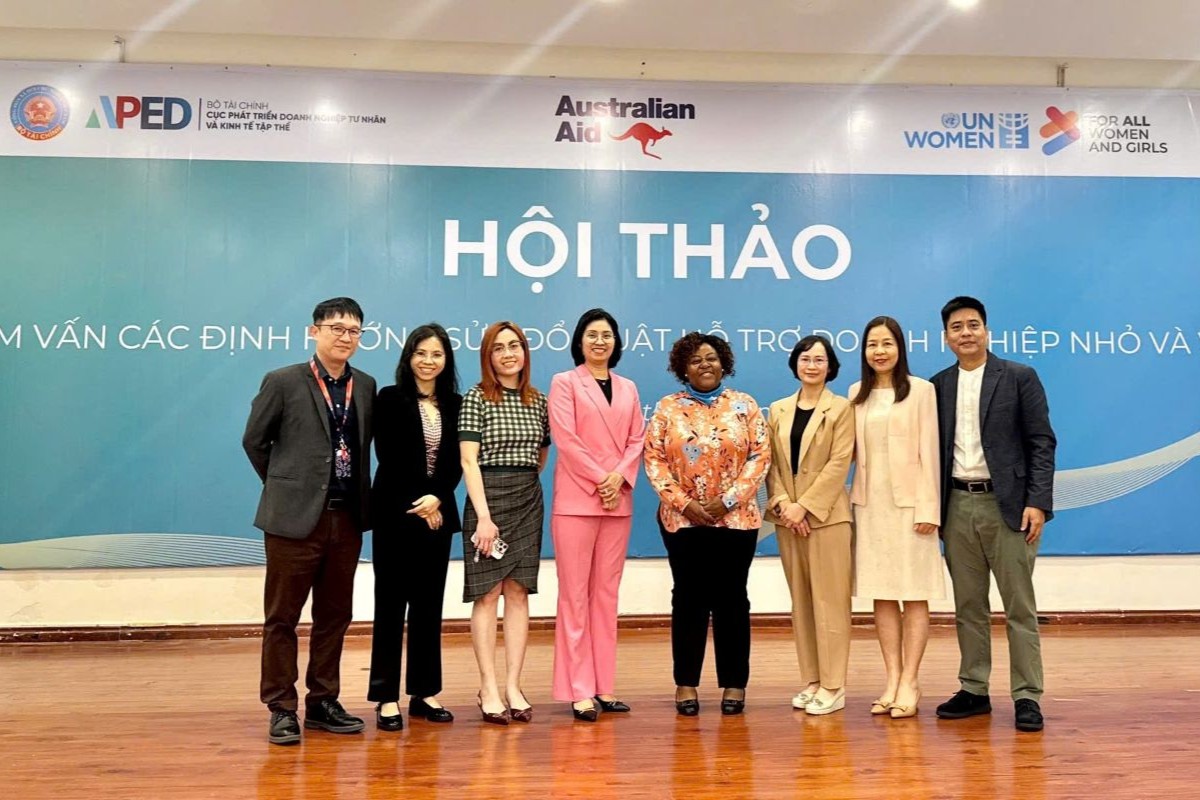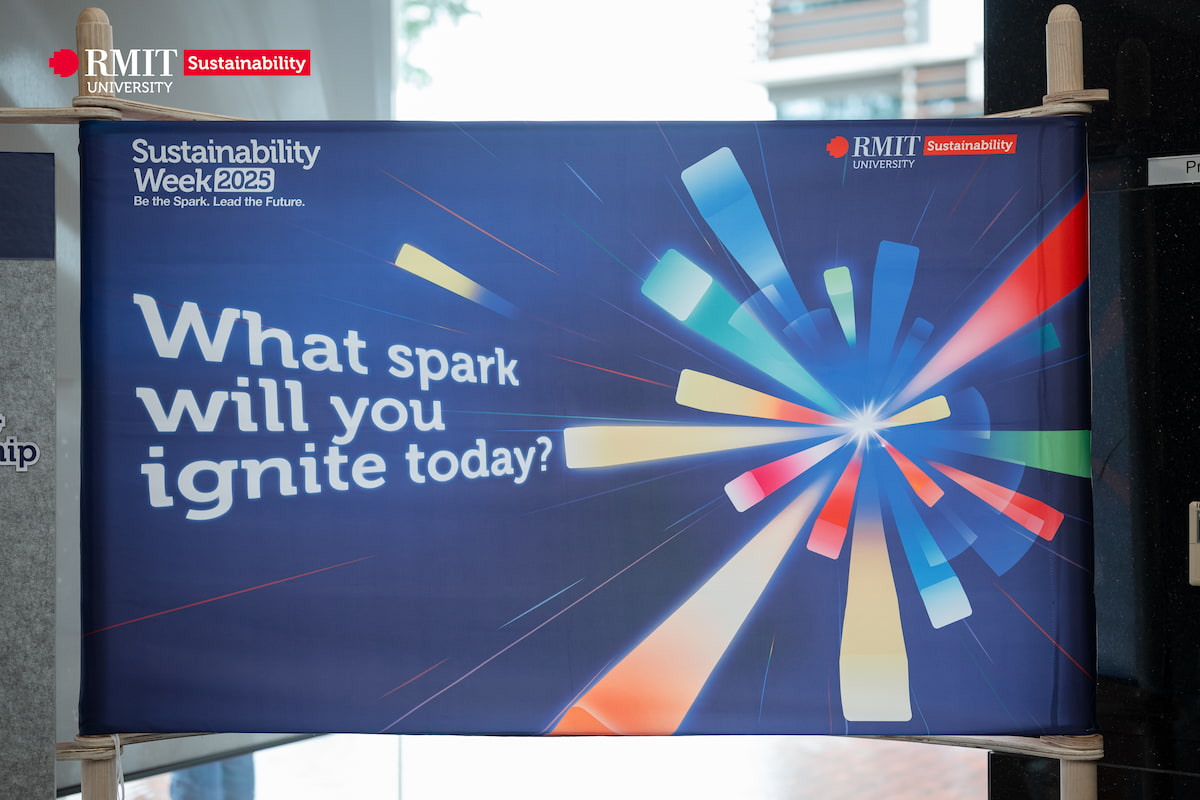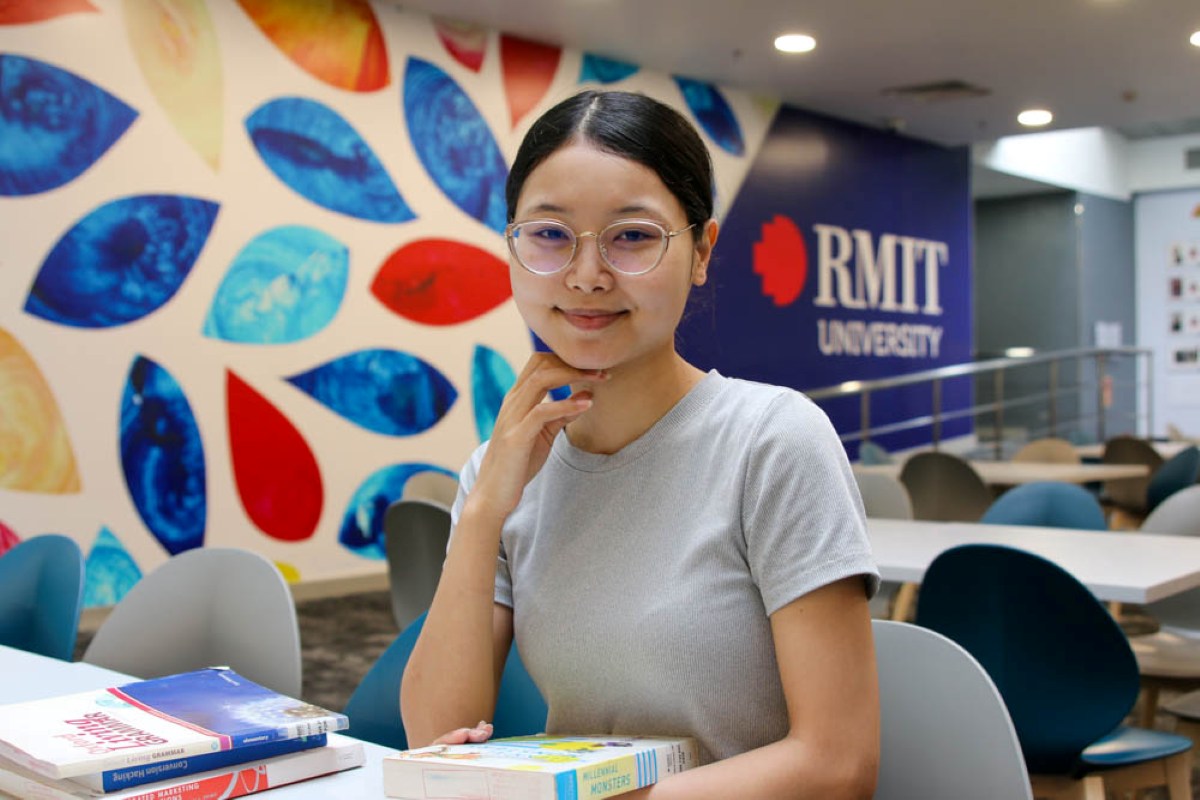The Inclusive Digital Literacy Project is led by Dr Abdul Rohman and Ms Diem-Trang Vo from RMIT Vietnam’s School of Communication & Design. Running from June to December 2023 and funded by Traveloka, its primary goal is to ensure that people with disabilities (PwDs) can access the digital domain equitably and securely, harnessing its benefits to the fullest.
Dr Rohman highlighted, “In an age where most of us are incessantly glued to our mobile phones, laptops, smartwatches, and a slew of other digital technologies, it’s easy to forget about the people in society who might be less connected to the rest of us.”
“Not only are PwDs often unable to afford digital devices, the apps and devices usually lack accessible features. Issues surrounding privacy and personal security breaches stemming from the rise of AI complicate matters even further,” he added.
Digital literacy for PwDs
Improving infrastructure for internet connectivity and access to digital devices is a logical starting point to bridge the current digital divide. However, empowering PwDs with the digital literacy skills required to protect themselves is equally important.
Dr Rohman said, “While many people might dismiss or overlook the need to protect their personal data, these skills can be wholly inaccessible to PwDs, making it a foregone conclusion that they are at risk not by choice, but by circumstance.”
As part of the Inclusive Digital Literacy Project, Training of Trainers (ToTs) sessions were offered to 27 PwDs to enhance their knowledge, and leadership and community engagement skills, enabling them to disseminate digital literacy skills among fellow PwDs in their local communities.
Subsequently, these trainers conducted Training of Communities (ToCs) sessions on digital literacy for nearly 400 PwDs, helping them to confidently navigate the digital realm, efficiently manage their businesses, and safeguard their online privacy.

